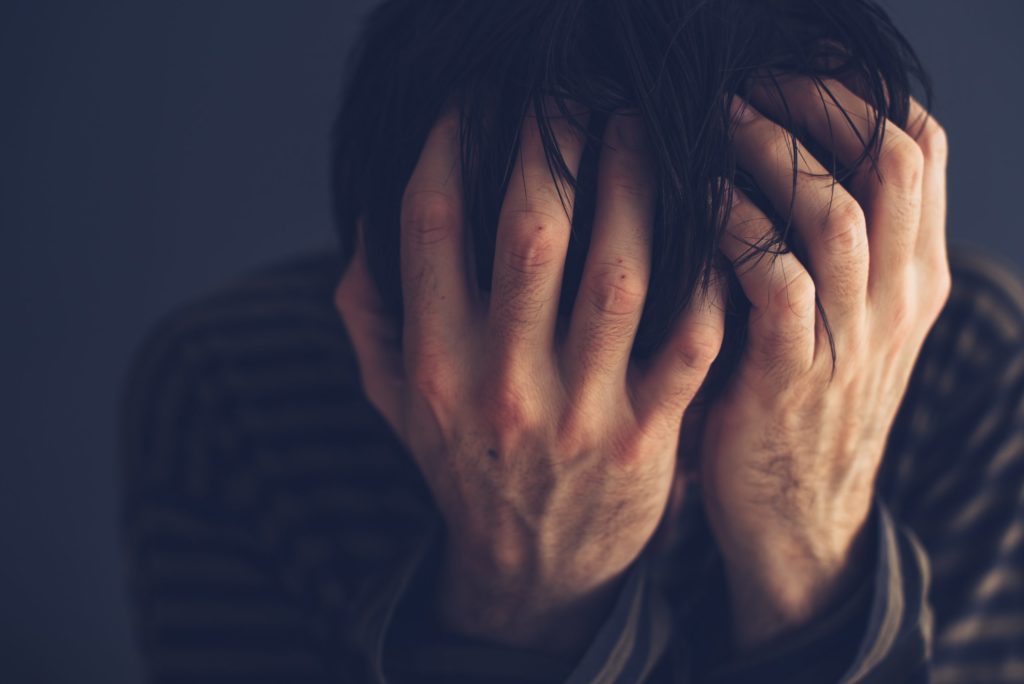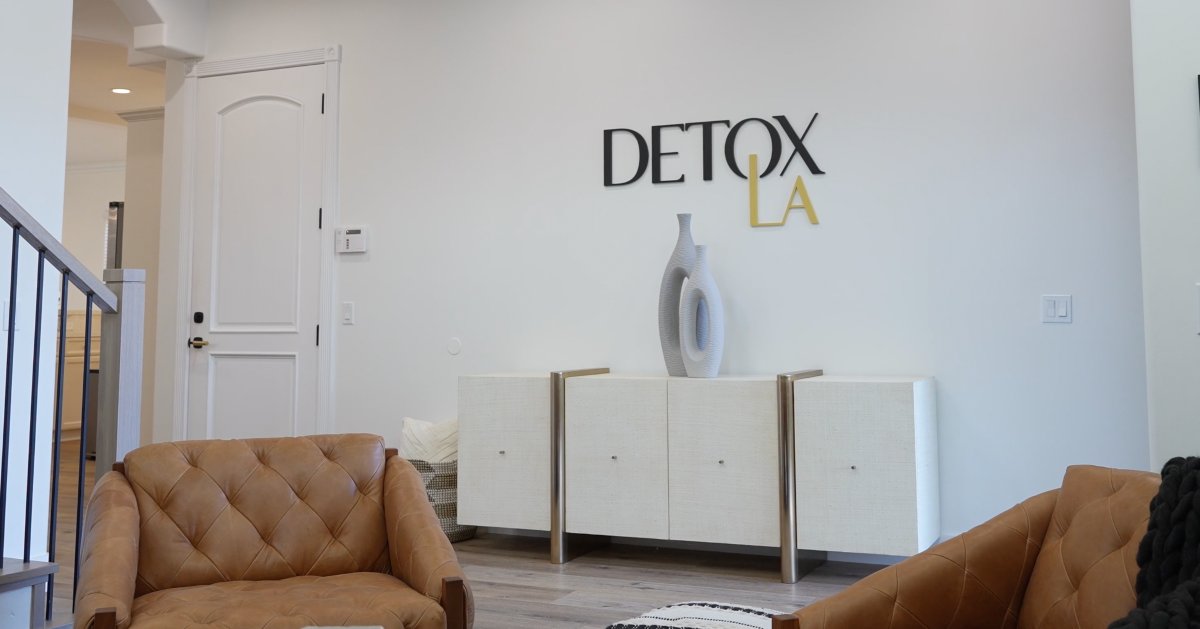Each year, more than 21 million Americans struggle with addiction, but only 1-in-10 of them actually seek addiction treatment.
Although there are many reasons for this low rate of recovery, one of the biggest reasons is denial: Even when experiencing profound complications resulting from their addictions, many addicts refuse to consider that their alcohol or drug habits are the cause. In fact, they often look at drugs or alcohol as their means of getting some relief.
But on the other end of the spectrum, there are those who are aware of their substance abuse problems. The resulting shame and embarrassment is often what stops these individuals from seeking the help that they need.
Then there are also plenty of people who are simply afraid of recovery and, more specifically, the agony they expect they’ll experience as they detox from alcohol or drugs.
Regardless of what someone from seeking treatment, the reality is that addiction doesn’t get easier or less destructive over time. On the contrary, the complications that result from chronic substance abuse are likely to become more severe and frequent than they are to magically dissipate. Moreover, the journey of recovery is much easier if you don’t wait to seek treatment until addiction has already caused your life to spiral completely out of control.
With this in mind, here are five signs you need addiction treatment.
1) Substance Use Drives Your Behavior
Your top priority is substance use. Work, family, friends, school, and activities you’ve always enjoyed are not as important. You sacrifice other areas of your life to feed your addiction.
When everything starts to take a backseat to obtaining and using drugs or alcohol, this is the number one sign of addiction.
2) You Put Yourself (& Others) in Danger
Have you driven a car while intoxicated or high? After substance use, have you participated in family or work-related activities that put family members, co-workers, or customers at risk?
Even if you “feel fine,” all it takes is one split second for a lack of focus or delayed reaction to cause a tragedy. If substance use is putting yourself and others in danger, it’s time to seek addiction treatment.
3) Substance Use is Affecting Your Health
Substance use affects your physical health in different ways depending on the substance you use, the amount you use, how you use it, and how often. You can gain weight, lose weight, experience liver or issues, damage or destroy nerve cells, and increase the risk of heart disease, stroke, and even cancer.
[wpdiscuz-feedback id=”hdyoxraab8″ question=”Have you noticed these signs in yourself or a loved one?” opened=”0″]Of course, addiction can have an enormous psychological impact. People dealing with addiction often feel higher levels of stress, anxiety, depression, agitation, and frustration.[/wpdiscuz-feedback]
If you’ve noticed changes in how you think and feel since you started using drugs or alcohol, it’s time to seek addiction treatment.
4) Substance Use Is Increasing
If you find yourself using a substance more frequently and/or in higher amounts, this is a sign that your tolerance is increasing. You need more of the substance to experience the same effect, which increases the risk of an overdose.
Not only does higher tolerance tighten addiction’s grip on all areas of your life, but it can also be fatal if you take drug or alcohol use too far. If substance use is increasing, seek addiction treatment right away.
5) You Want to Quit But Can’t
You know addiction is affecting your quality of life. It’s affecting your relationships. You’ve tried to stop using with no success.
Maybe you’re still succeeding at work and meeting your family obligations, but you know you’re on the wrong path. Even though substance use seems relatively harmless, you haven’t been able to stop.
If you’ve tried to quit using drugs or alcohol but haven’t been able to do it on your own, seek addiction treatment so professionals can help.
How Do I Know If I Need Addiction Treatment?
If any of the five scenarios apply to you, then there’s a good chance that you do, in fact, need addiction treatment. This can be a scary fact to face; however, there’s no shame in seeking help. In fact, any fear you’re experiencing now will pale in comparison to the risks and struggles that come with continuing down the dark path of addiction.
DetoxLA offers co-ed medical detox as the first step of addiction treatment and recovery. There is no judgment or shaming. Our entire team is committed to supporting your decision to defeat addiction and live a happy, fulfilling life.
To learn more about the services offered at our detox center in Los Angeles, contact DetoxLA today.


